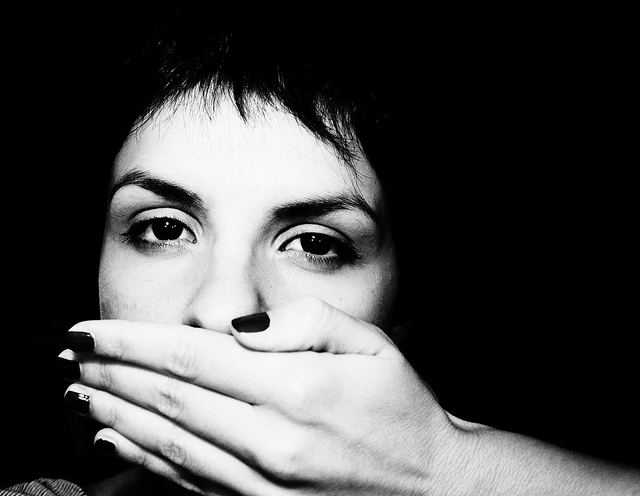Being able to apologize sincerely is an art form.
How often have we received the half-assed, blatantly insincere apology in person or observed one in the media? The kind where the person does not take responsibility at all, instead giving a scrap of an apology, while somehow still managing to blame others for their actions? To see how a real apology sounds, check out the one Jonah Hill gave on “The Tonight Show with Jimmy Fallon.”
I bring this up because since it can be such a hard thing to do well, apologizing when there is really no need, diminishes the art and power of the apology.
Pantene recently put out a commercial (see video below) calling women out on this phenomenon of over apologizing.
We apologize in meetings before giving our opinions.
We apologize on airplanes when we bump elbows with the passenger next to us.
We basically apologize before speaking up in any situation.
I know I do it.
A lot.
Girls and women are expected to be nice. To be polite. To smile. To use our manners.
When we aren’t, we are accused of being a hard-ass. A bitch. A man-hater. Bossy.
In general, men speak up and are considered leaders.
Women speak up (without apologizing first) and are considered aggressive.
It’s the reason #yesallwomen has riled up so many people. Women are talking. Women are telling their stories. And they aren’t apologizing. They didn’t ask permission.
I recently observed to my dad that over the four months of editing articles here, I noticed how often I found myself deleting what I consider hesitating phrases by women. Before stating their opinion they write:
It seems like…
Maybe…
It probably means…
The instant I take out that phrase, the sentence becomes powerful.
Is that what we’re afraid of. Our power?
In that same conversation my dad said that he noticed an interesting dynamic between men and women when dining out. Men tend to state what they’ll have when ordering.
I’ll have the roast beef.
Women, on the other hand, often ask permission.
Could I please have the roast beef?
Recalling how I order, I realized that I often phrase it as a question. If not, then I will qualify it with “I think I’ll have…”
It’s all making me become very conscious of how I speak, how I write. Of owning what I say and what I write.
Let’s all take time to be more conscious of our language.
Are we asking permission to order food? To state our opinion?
Are we apologizing when there is no need? If so, why?
What exactly are we apologizing for?
For having a voice? For using it?
For taking up space?
For existing?
Tossing around “I’m sorry’s” constantly keeps us small. Contained. And while some people prefer that, is it really best for us?
As Jim Carrey said,
“Risk being seen in all your glory.”
Of course, there are times when an apology is warranted. It’s a form of courtesy in our generally polite society.
But there are many times when it is merely force of habit. Let’s become mindful of those moments, allowing the words, “I’m sorry” to really mean something rather than be a reflexive response to being heard or seen.
Let’s risk being seen in all of our beautifully imperfect glory, no apology necessary.
Love elephant and want to go steady?
Sign up for our (curated) daily and weekly newsletters!
Editor: Renée Picard
Photo: Daniela Vladimirova via Flickr


 Share on bsky
Share on bsky





Read 1 comment and reply